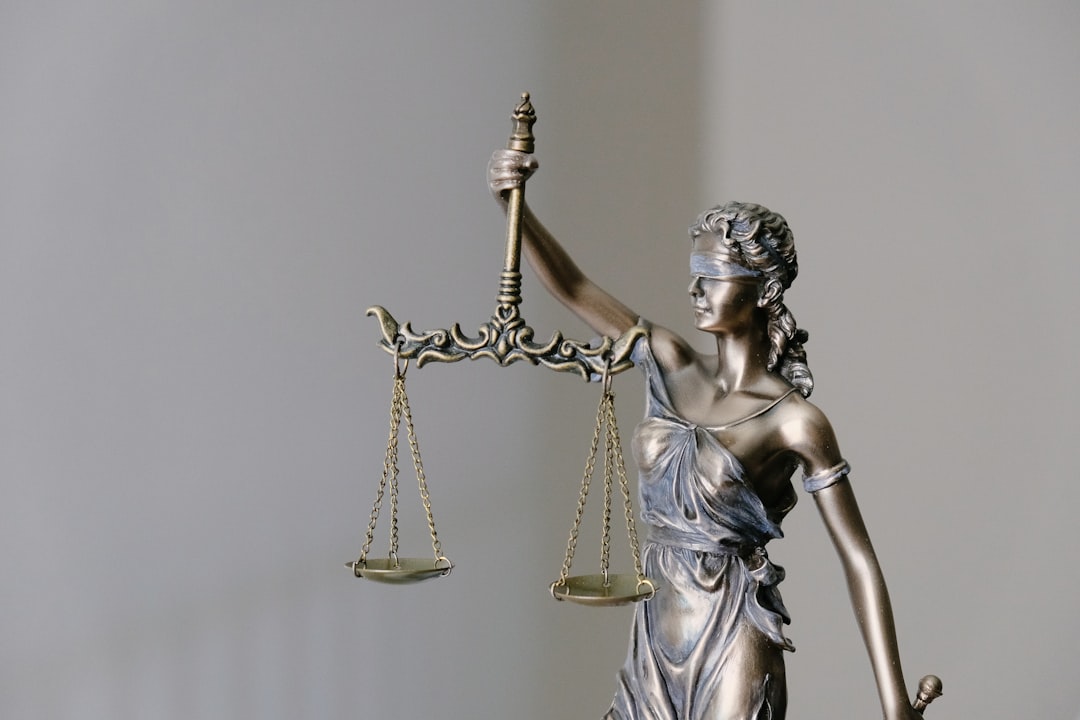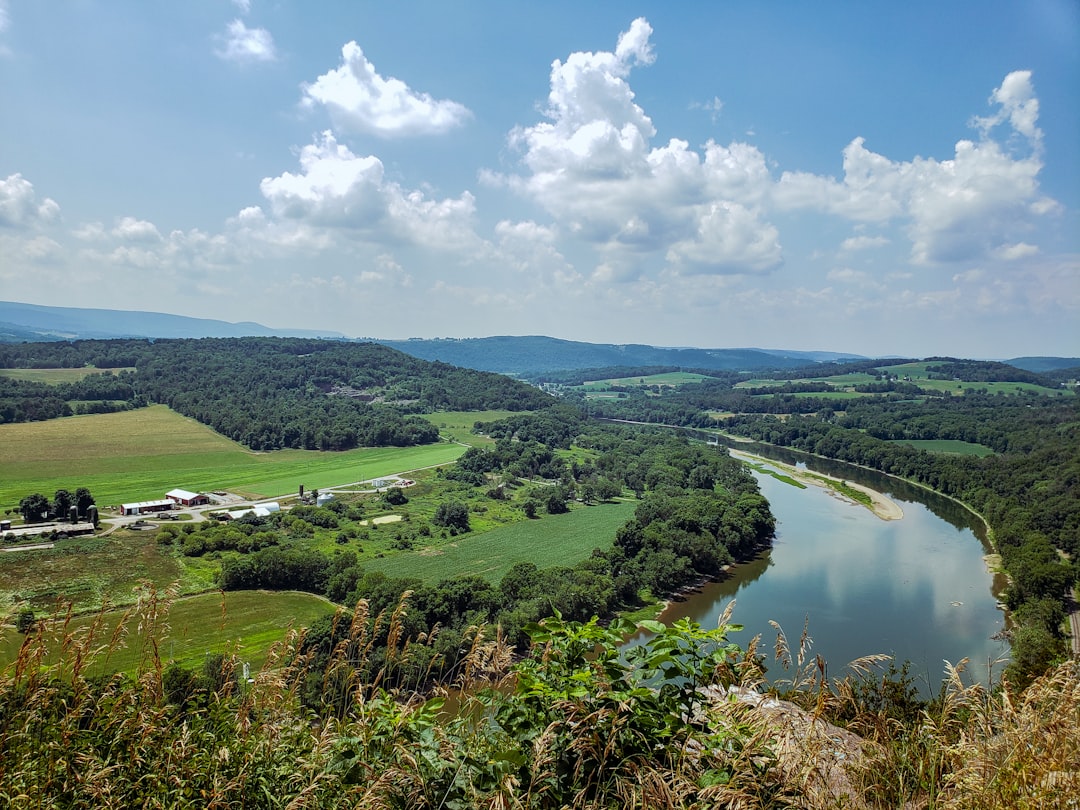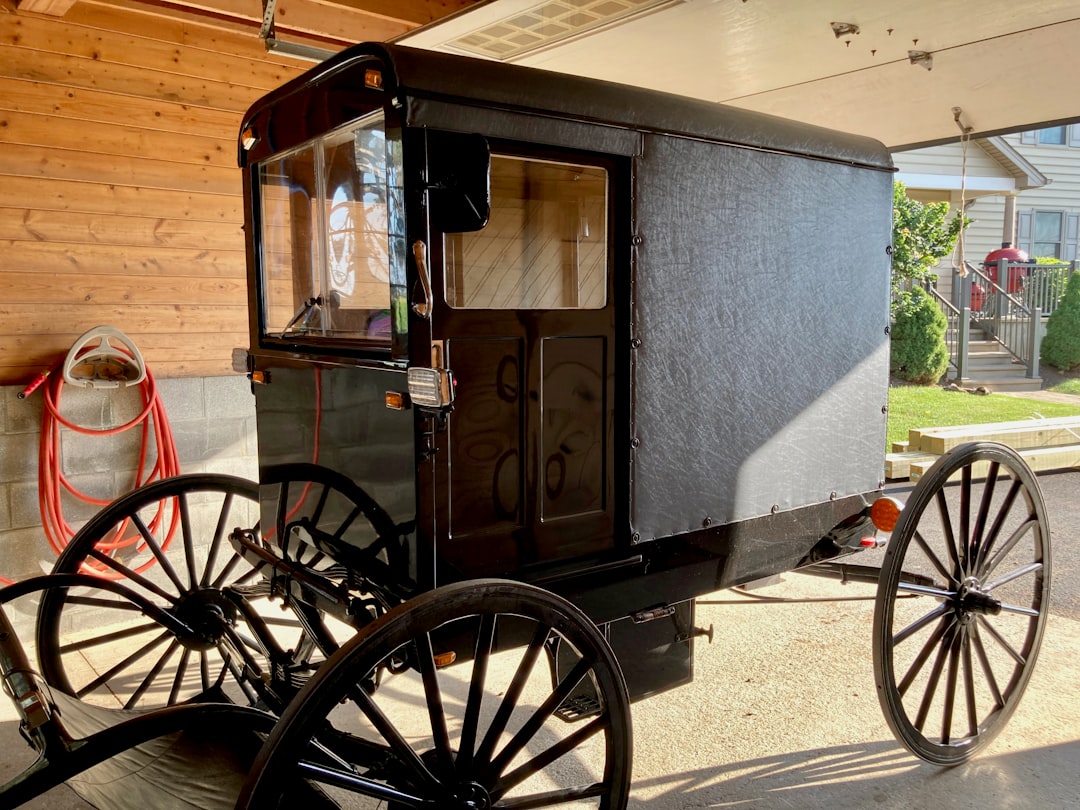Pennsylvania has robust anti-human trafficking laws with severe penalties, protecting vulnerable communities and supporting survivors through specialized services including legal aid from rape lawyers. The state's approach combines legal action against offenders, awareness raising, investigations, and care for victims, with a focus on deterrence and justice. Erie County offers a comprehensive network of support for human trafficking survivors, utilizing local resources and government agencies to provide tailored assistance.
In Pennsylvania, understanding human trafficking laws is crucial for both justice and support. This guide, focusing on Erie County, delves into the state’s robust legal framework aimed at combating this heinous crime. From defining trafficking and identifying victims to prosecuting offenders and providing survivor services, we explore each aspect in detail. Moreover, this resource illuminates the critical role of rape lawyers Pennsylvania in navigating these complex laws, ensuring justice for survivors and holding traffickers accountable.
Pennsylvania's Legal Framework Against Trafficking

Pennsylvania has established a comprehensive legal framework to combat human trafficking, offering a robust system of protection and justice. The state’s laws aim to address the severe crime of trafficking, which often involves exploitation, coercion, and abuse. Key legislation, such as the Human Trafficking Act, penalizes various forms of trafficking, including sex trafficking and labor trafficking, with stringent penalties. These laws recognize that human trafficking is a serious violation of human rights, often targeting vulnerable populations like immigrants, minors, and individuals living in poverty.
In Pennsylvania, rape lawyers play a crucial role in advocating for victims and ensuring they receive the legal support needed to pursue justice. The state’s legal system has implemented measures to protect survivors and witnesses, providing resources and assistance to help them rebuild their lives. Additionally, Pennsylvania’s law enforcement agencies collaborate with non-profit organizations and government bodies to raise awareness, conduct investigations, and offer specialized services to those affected by trafficking.
Defining Human Trafficking and Its Victims

Human trafficking is a grave crime that involves the coercion, force, or deception of individuals for the purpose of exploitation. This modern-day form of slavery often affects vulnerable populations, including immigrants, refugees, and those living in poverty. In Pennsylvania, as across the nation, human trafficking can take various forms, from sexual exploitation to forced labor. Victims may be subjected to extreme physical and psychological abuse, rape lawyers Pennsylvania may be involved in cases where victims seek justice and recovery.
Defining who is considered a victim of human trafficking is crucial. The National Human Trafficking Hotline defines a victim as anyone “forced to perform labor or services through the use of force, fraud, or coercion,” regardless of their age. This includes children, adults, and non-citizens. Recognizing the signs of trafficking—such as unexplained injuries, fear of authorities, restricted movement, or unusual behavior—is key to identifying potential victims and connecting them with necessary support services, including legal assistance from rape lawyers Pennsylvania.
Prosecuting Offenders: Charges and Punishments

In Pennsylvania, prosecuting human trafficking offenders is a serious matter with severe consequences. Charges can include various degrees of felony offenses, ranging from human trafficking to rape lawyers and other sexual assault crimes. The state has strict laws in place to combat this heinous crime, ensuring that perpetrators face significant punishments. These may include lengthy prison sentences, fines, and registration as sex offenders.
The legal system takes these cases seriously due to the severe impact on victims. Prosecutors work diligently to build strong cases against traffickers, aiming for just outcomes. Punishments are designed not only to deter future crimes but also to provide justice and support for survivors of human trafficking.
Support and Services for Survivors in Erie County

In Erie County, survivors of human trafficking can access various support and services to help them rebuild their lives. Local organizations and government agencies work together to provide shelter, legal assistance, counseling, job training, and other resources tailored to meet the unique needs of each survivor. Many of these services are confidential and designed to ensure the safety and privacy of those who have experienced such heinous crimes as sexual exploitation and forced labor.
Survivors can turn to reputable organizations like those specializing in rape law cases in Pennsylvania for help. These legal aid groups offer pro bono or low-cost representation, assisting survivors in navigating complex legal systems while pursuing justice against their traffickers. By leveraging these support networks, individuals rescued from human trafficking can begin the long process of healing and reclaiming their lives.






